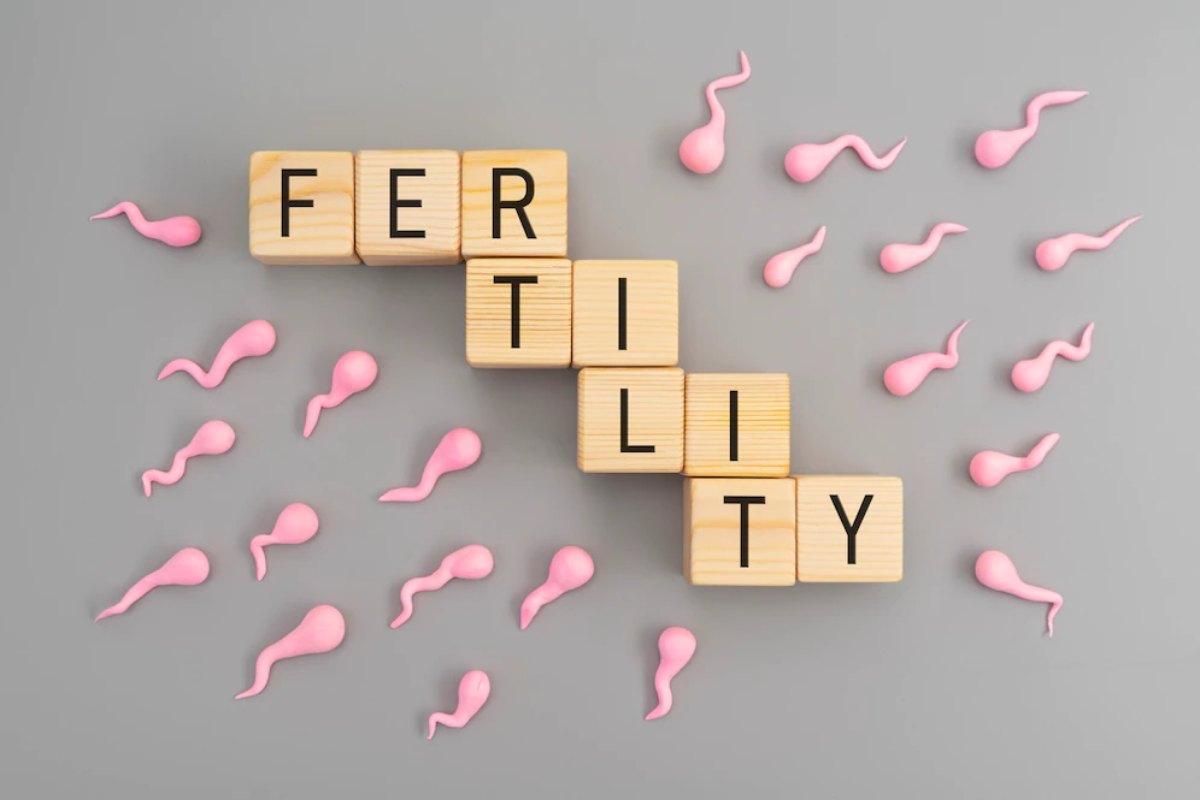Infertility presents as a condition where you can’t get pregnant or experience difficulties conceiving. And it can be a distressing situation. Reproductive fertility treatments such as in-vitro fertilization create an ideal situation by ensuring that fertilization and embryo transfer are successful.
Table of Contents
Causes of Infertility
Causes of infertility can include:
Uterine Fibroids
Fibroids are responsible for infertility in 2-3% of women, preventing the reproductive system from achieving a clinical pregnancy even after one year.
Endometriosis
Endometriosis can affect fertility in a few ways, such as:
- Distorted pelvis anatomy
- Scarred fallopian tubes
- Pelvis structures inflammation
- Changes in the hormonal environment of the ovaries
- Altered immune system functioning
- Unsuccessful implantation of a pregnancy
- Altered egg quality
All these changes affect the environment around the embryo, and it could need other treatments that include surgery or hormonal therapies.
Thyroid Disease
This condition interferes with the regular release of eggs from the ovaries during ovulation, significantly affecting the chances of a successful pregnancy. And its treatment may be necessary to address them as part of your assisted reproductive treatment.
Low Sperm Count or Testosterone Levels
Sometimes, a man’s testosterone levels drop drastically below normal levels. After the age of 30, the levels drop by 1% each year as a natural aging process. Stress, certain medications, health conditions, and high body-fat levels can also decrease testosterone levels.
A low sperm count can also contribute to infertility.
Which Reproductive Fertility Treatments Are Available?
The reproductive fertility treatment for a patient depends on the primary cause of the problem. The main treatments available are:
-
Medicines
Fertility medicines play a hormonal role in creating the ideal environment for embryo development. These treatments include:
- Clomifene to encourage regular ovulation every month.
- Tamoxifen also stimulates normal ovulation.
- Metformin controls polycystic ovary syndrome (PCOS), which affects how the ovaries work.
- Gonadotrophins improve fertility in men but also help to promote ovulation.
Women with unexplained infertility should not explore hormonal treatments as they are not proven to increase their chances of pregnancy.
Surgical Procedures
Surgical procedures can help to improve fertility. These surgical procedures include:
Fallopian Tube Surgery
Surgery helps to unclog the fallopian tubes from scar tissue for easy passage of the eggs.
Laparoscopic Surgery
Sometimes, cells similar to your womb lining start growing outside the uterus, affecting embryo implantation. And they may need removal through laparoscopic surgery.
Correcting Epididymal Blockage
The epididymal ducts that store and carry sperm may become obstructed and fail to function as normal until corrected through a surgical procedure.
This surgery is necessary if you have had a vasectomy or were born without the tube carrying the sperm from the testicles. And this outpatient procedure takes just a few hours under local anesthesia.
Assisted Conception Like IVF
Assisted conception helps to treat infertility among women. Using assisted reproductive technology such as in-vitro fertilization, a fertility doctor extracts the eggs from the ovaries, fertilizes them with sperm to create embryos, and implants them inside the parent’s uterus. A complete IVF cycle takes about three weeks.
Another form of assisted conception is Intrauterine Insemination. During this treatment, the fertility doctor places washed and concentrated sperm into the uterus during ovulation to stimulate egg fertilization.
Who Is the Ideal Candidate for Reproductive Fertility Treatments?
Couples who have been trying to conceive for a year without success can be candidates for IVF, with high success rates of up to 99%.
In-vitro fertilization, however, may not be ideal for everyone. Patients with abnormal hormone levels, ovarian dysfunction, fibroid tumors, or uterine abnormalities may not immediately qualify as ideal candidates. But when combined with corrective surgical procedures, it can sometimes lead to a successful pregnancy.
Fertility Treatments Q&As
Q: How common is In-Vitro Fertilization?
A: About 1-2% of births in the US are conceived through IVF.
Q: What is the cost of a single IVF cycle?
A: A single IVF cycle can cost between $10,000 and $15,000, depending on the insurance coverage, treatment facility, and patient characteristics.
Q: At what age is Assisted Reproductive Technology (ART) most successful?
A: ART cycles are most successful for women below 35 years.
Q: How long is the IVF waiting list?
A: Depending on your location, you could wait for up to 4 months before you’re next in line.
Q: At what point should I seek the services of a fertility clinic?
A: If you try getting pregnant for up to a year without success, it’s a sign that you should probably contact a fertility doctor.
Q: How long after the egg retrieval does the doctor implant the embryo into the uterus?
A: The fertility doctor implants the embryo into the womb 3-5 days after retrieving the eggs.
Q: What is the main advantage of reproductive fertility treatments?
A: Assisted conception gives prospective parents a second chance at raising a family.

